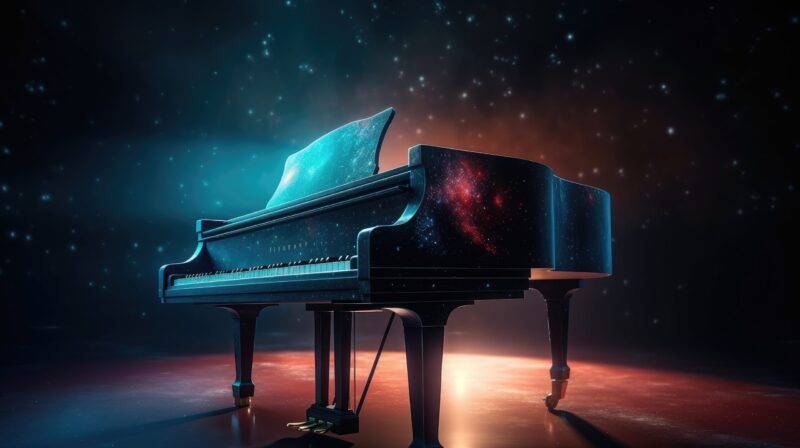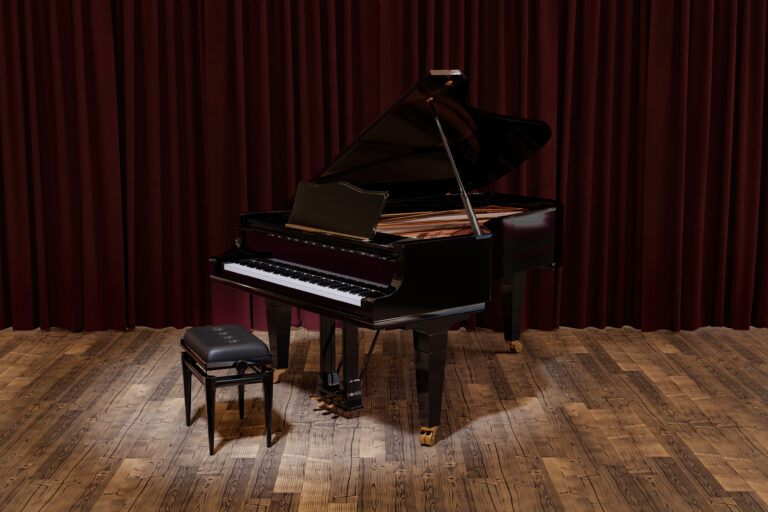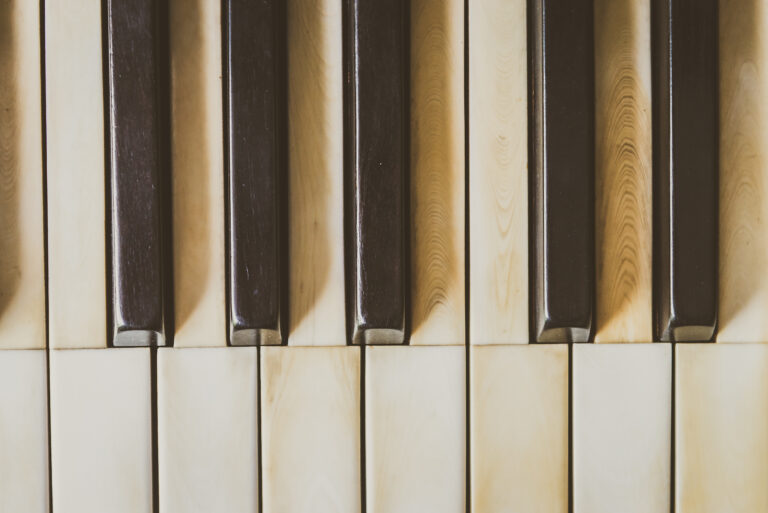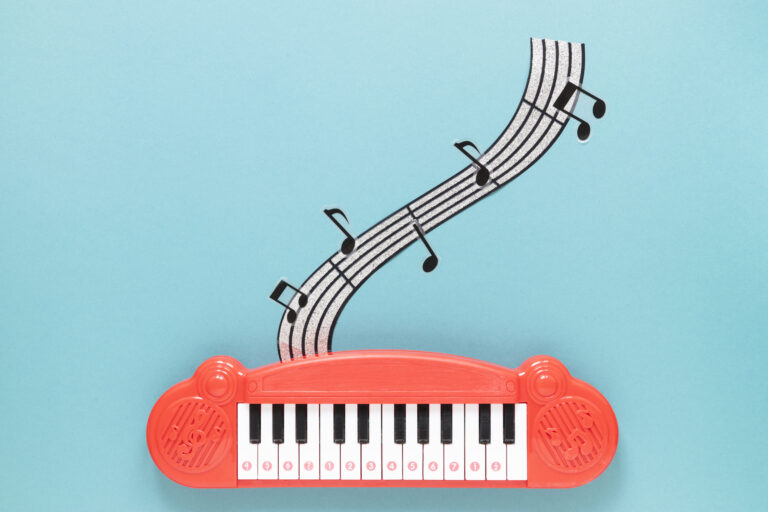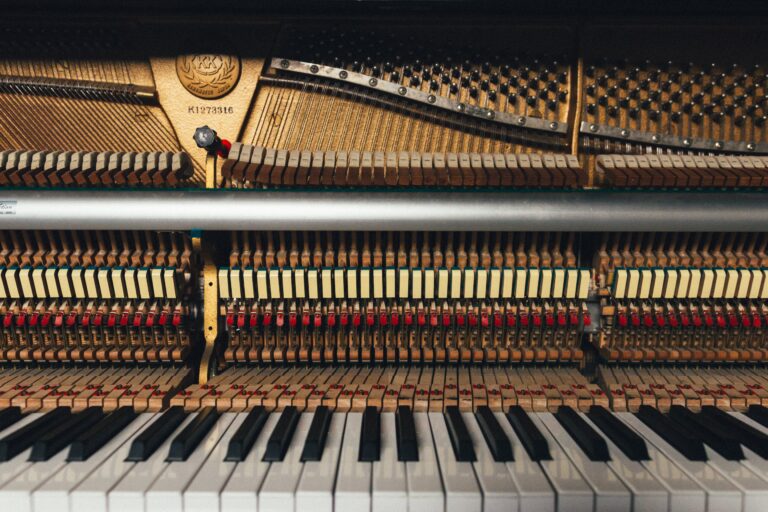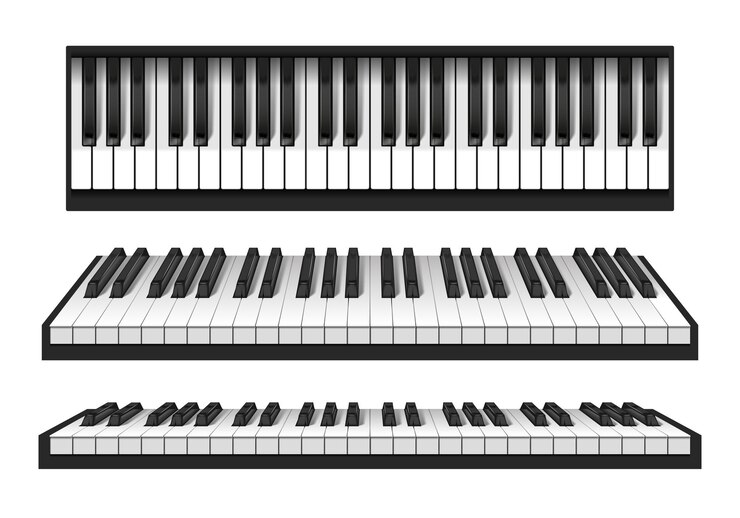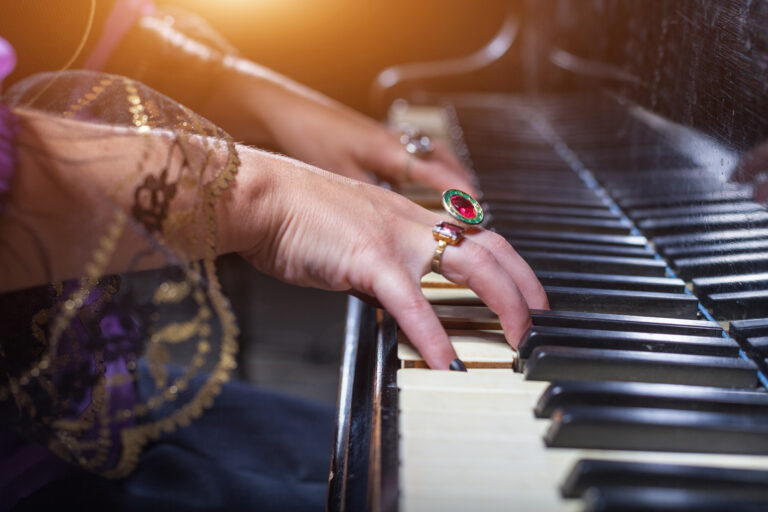How Long Can a Piano Last: Factors That Affect Its Lifespan
A piano is a beautiful and timeless instrument that has been a staple in music for centuries. It can be the centrepiece of a room and a source of joy for generations. However, as with any instrument, pianos have a limited lifespan. Have you ever wondered how long a piano can last?
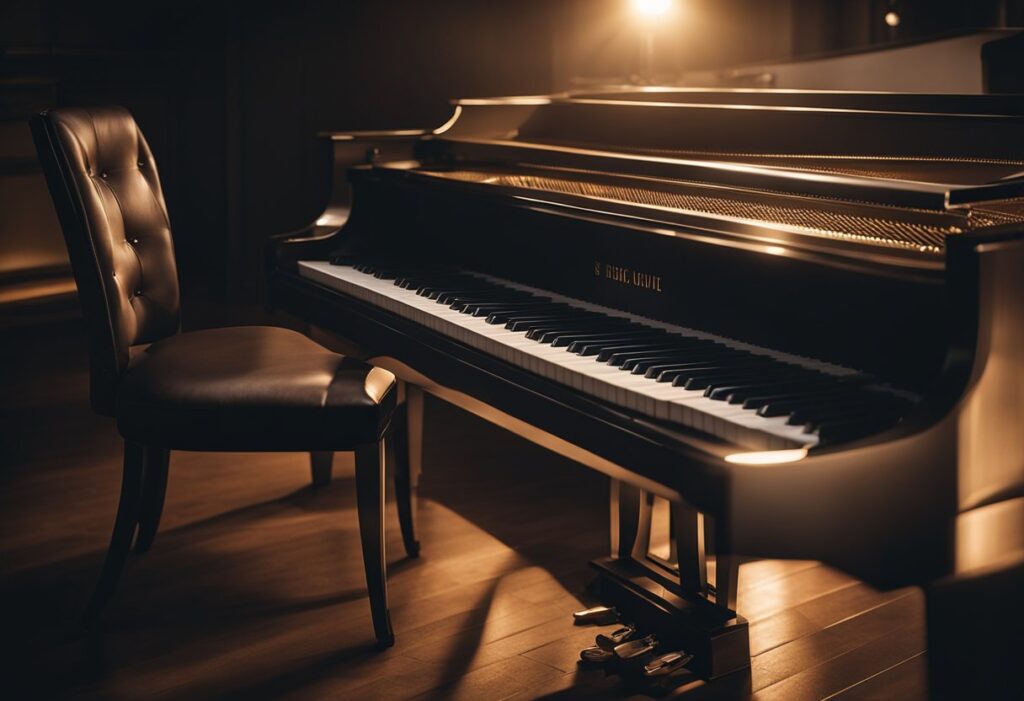
The lifespan of a piano can vary greatly depending on a variety of factors. The quality of the materials used, the amount of use it receives, and the level of maintenance it receives can all play a role in determining how long a piano will last. While some pianos may only last a few decades, others can last for over a century with proper care and maintenance. In this article, we will explore the factors that can affect the lifespan of a piano and answer the question of how long a piano can last.
Piano Lifespan Fundamentals
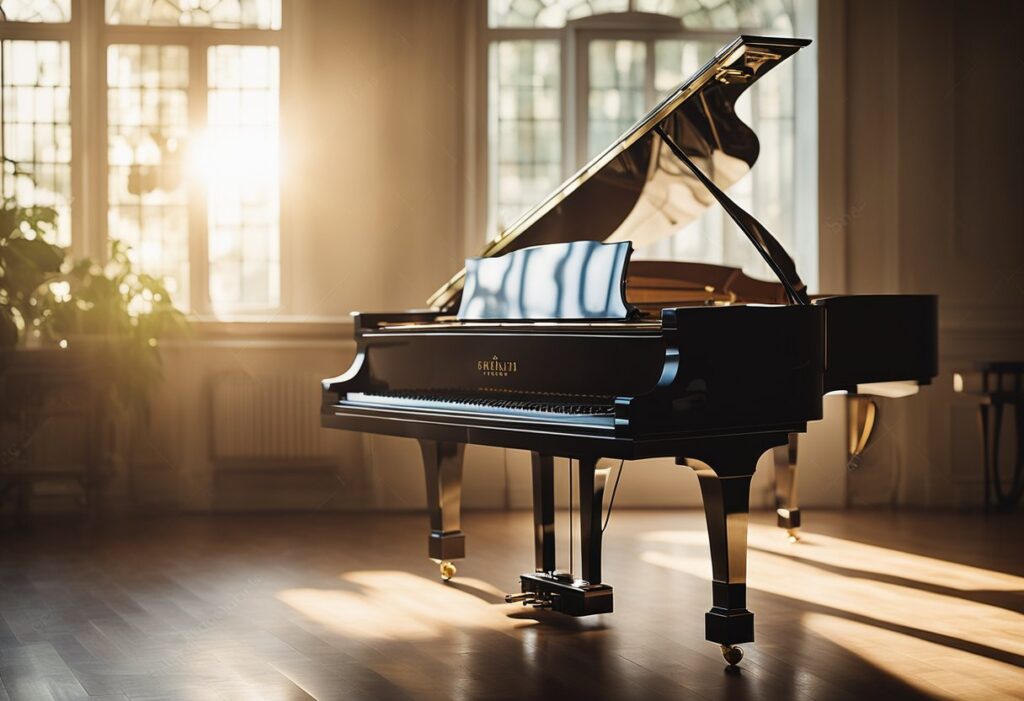
When it comes to the lifespan of a piano, there are a few fundamental factors to consider. These factors include the quality of the materials used in the piano’s construction, as well as the manufacturing techniques used to create the instrument.
Material Quality
The quality of the materials used in a piano can significantly impact its lifespan. High-quality materials, such as solid spruce for the soundboard and high-grade steel for the strings, can help ensure that a piano will last for many years. In contrast, lower-quality materials may be more prone to wear and tear, leading to a shorter lifespan for the instrument.
In addition to the materials used in the piano’s construction, the quality of the components, such as the hammers and keys, can also affect its lifespan. High-quality components are less likely to wear down or break over time, which can help extend the life of the instrument.
Manufacturing Techniques
The manufacturing techniques used to create a piano can also play a role in its lifespan. Pianos that are built using traditional techniques, such as hand-crafting, may be more durable and long-lasting than those that are mass-produced using automated processes.
Another important factor to consider is the level of care and attention to detail that goes into the manufacturing process. Pianos that are built with care and precision are more likely to be reliable and long-lasting, while those that are rushed or poorly constructed may be more prone to problems and breakdowns.
Maintenance and Care
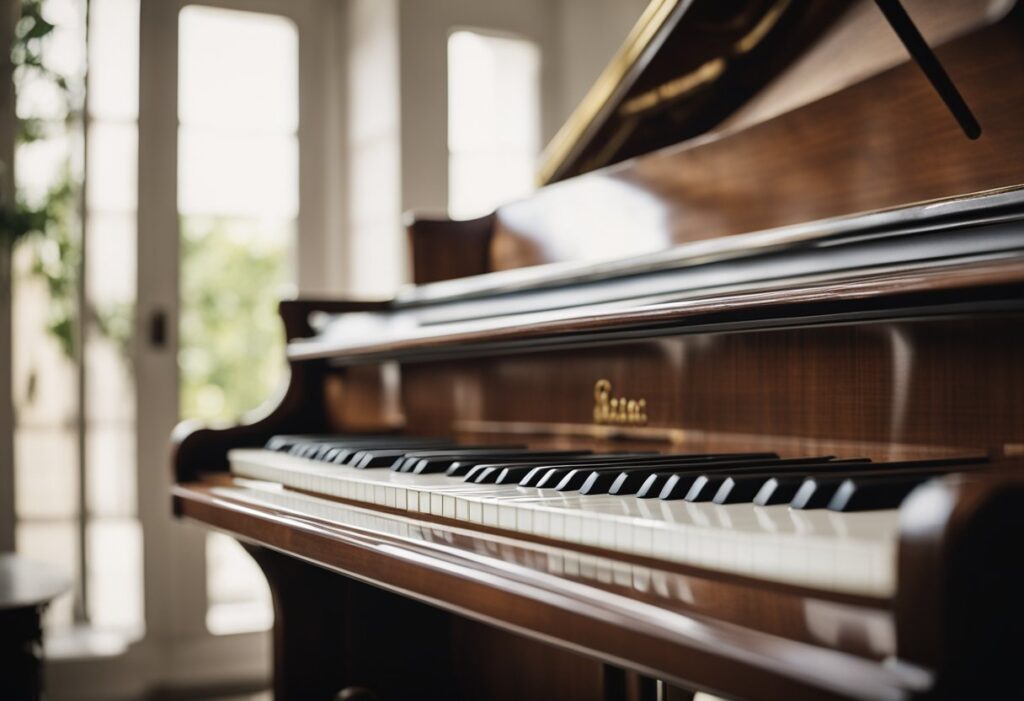
Proper maintenance and care are essential to ensure the longevity of your piano. In this section, we will discuss some of the key factors to consider when taking care of your piano.
Regular Tuning
Regular tuning is crucial to maintaining the sound quality and overall health of your piano. It is recommended to have your piano tuned at least once a year by a professional piano tuner. If you use your piano frequently or if it is exposed to extreme temperature or humidity changes, more frequent tuning may be required.
Environmental Factors
Environmental factors such as temperature and humidity can have a significant impact on the lifespan of your piano. It is important to keep your piano in a room with a stable temperature and humidity level. Extreme fluctuations in temperature and humidity can cause the wood to expand and contract, which can lead to damage over time.
Cleaning and Handling
Proper cleaning and handling can also help to prolong the life of your piano. It is important to keep your piano clean and free of dust and debris. When cleaning your piano, use a soft, dry cloth to wipe down the keys and surfaces. Avoid using any harsh chemicals or cleaning products, as they can damage the finish of your piano.
When moving your piano, make sure to use a professional piano moving company. They have the experience and equipment needed to move your piano safely and securely.
Usage Impact on Longevity
Frequency of Use
The frequency of use is a significant factor in determining the lifespan of a piano. If you play your piano regularly, it will wear out faster than if you only play it occasionally. Pianos that are played frequently require more maintenance, tuning, and repairs than those that are not.
To ensure the longevity of your piano, it is recommended to limit its use to a few hours per day. This will help prevent excessive wear and tear on the instrument. Additionally, it is essential to keep your piano in a stable environment with consistent temperature and humidity levels. Fluctuations in temperature and humidity can cause the piano to expand and contract, leading to damage and potential repairs.
Intensity of Play
The intensity of play also affects the longevity of a piano. If you play your piano with a heavy hand, it will wear out faster than if you play it softly. The force exerted on the keys and hammers can cause damage to the instrument over time.
To ensure the longevity of your piano, make sure to play with a light touch. This will help prevent excessive wear and tear on the instrument. Additionally, it is essential to keep your piano in tune and well-maintained. Regular maintenance will help prevent damage and prolong the lifespan of your piano.
Common Issues and Repairs
String Replacement
Over time, the strings on a piano can become worn or broken, resulting in a loss of sound quality or even a complete loss of sound. The lifespan of piano strings can vary depending on factors such as the frequency of use and the environment in which the piano is kept. However, with proper care and maintenance, strings can last for many years.
If you notice that the sound of your piano has become dull or muted, it may be time to replace the strings. This is a complex and time-consuming repair that should be performed by a qualified technician. The technician will need to remove the old strings, measure and order new ones, and then install and tune them.
Action Regulation
The action of a piano refers to the mechanism that connects the keys to the hammers that strike the strings. Over time, the action can become worn or misaligned, resulting in a loss of responsiveness or accuracy. This can make it difficult to play the piano at a high level.
To address this issue, a technician may need to perform action regulation. This involves adjusting the various components of the action to ensure that they are functioning properly. This can include adjusting the height and alignment of the hammers, adjusting the tension of the keys, and lubricating moving parts.
Soundboard Cracks
The soundboard of a piano is a large, thin piece of wood that amplifies the sound of the strings. Over time, the soundboard can develop cracks, resulting in a loss of sound quality or even a complete loss of sound.
If you notice that your piano has developed soundboard cracks, it is important to have them repaired as soon as possible. A technician will need to evaluate the extent of the damage and determine the best course of action. In some cases, the cracks can be repaired by filling them with a special adhesive. In more severe cases, the soundboard may need to be replaced entirely.
Replacement vs. Restoration
When considering the lifespan of a piano, it is important to weigh the options of replacement versus restoration. Depending on the condition of the piano and the needs of the owner, one option may be more viable than the other.
Cost Considerations
Replacing a piano can be a costly endeavour, with new pianos ranging from a few thousand to tens of thousands of dollars. However, restoring an old piano can also come with a hefty price tag, especially if it requires extensive repairs or rebuilding.
It is important to consider the value of the piano and the cost of restoration before making a decision. If the piano has sentimental or historical value, restoration may be the best option. On the other hand, if the piano is not of significant value and the cost of restoration outweighs the cost of replacement, it may be more practical to replace the piano.
Historical Value
For pianos with historical value, restoration is often the preferred option. Restoring a historical piano can preserve its unique sound and craftsmanship for future generations to enjoy. In some cases, restoring a historical piano can even increase its value.
Just make sure to have the restoration done by experienced professionals who understand the intricacies of the instrument and can preserve its authenticity.
Frequently Asked Questions
What is the typical lifespan of an upright piano?
The lifespan of an upright piano can vary greatly depending on its quality, usage, and maintenance. A well-maintained upright piano can last for several decades, while a poorly maintained one may only last for a few years. Generally, upright pianos can last for 50-70 years or more with proper care.
How often should a grand piano be serviced to maintain its condition?
To maintain the condition of a grand piano, it is recommended to have it serviced at least once a year. This includes tuning, cleaning, and regulating the action. However, if the piano is frequently used or is subjected to extreme temperature or humidity changes, it may require more frequent servicing.
What are the signs that a piano may be beyond repair?
A piano may be beyond repair if it has significant damage to its soundboard, bridges, or pin block. Other signs include severe corrosion or rust on the strings and pins, cracks in the soundboard, and warped or cracked keys. However, it is important to have a professional evaluate the piano before determining if it is beyond repair.
Can the age of a piano affect its sound quality and playability?
Yes, the age of a piano can affect its sound quality and playability. As a piano age, its components may wear down, causing it to sound less vibrant and responsive. However, regular maintenance can help prolong the life of a piano and maintain its sound quality and playability.
What factors contribute to the longevity of a piano?
The key factors that contribute to the longevity of a piano are proper maintenance, regular tuning, and moderate usage. Humidity and temperature control, regular cleaning, and proper storage can also help prolong the life of a piano.
Are older pianos worth purchasing for their musical value?
Older pianos can be worth purchasing for their musical value if they are well-maintained and restored to their original condition. However, it is important to have a professional evaluate the piano before purchasing it to ensure that it is in good condition and worth the investment.
